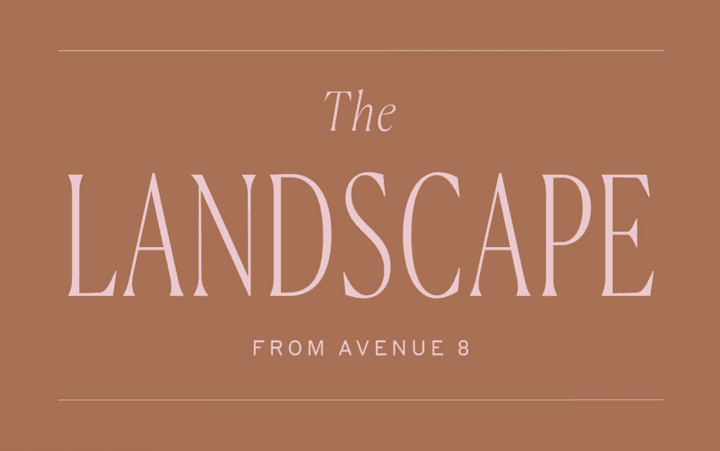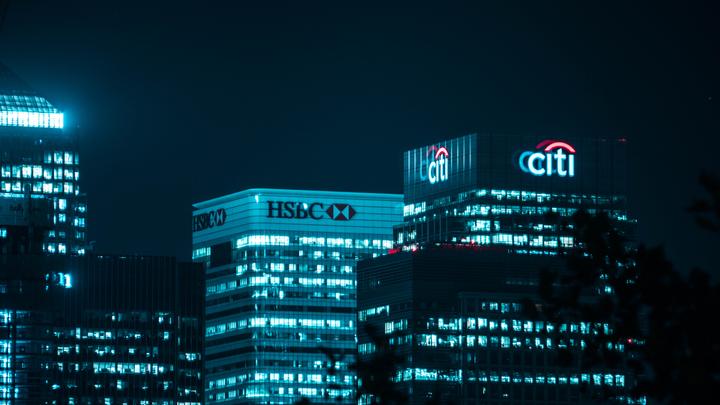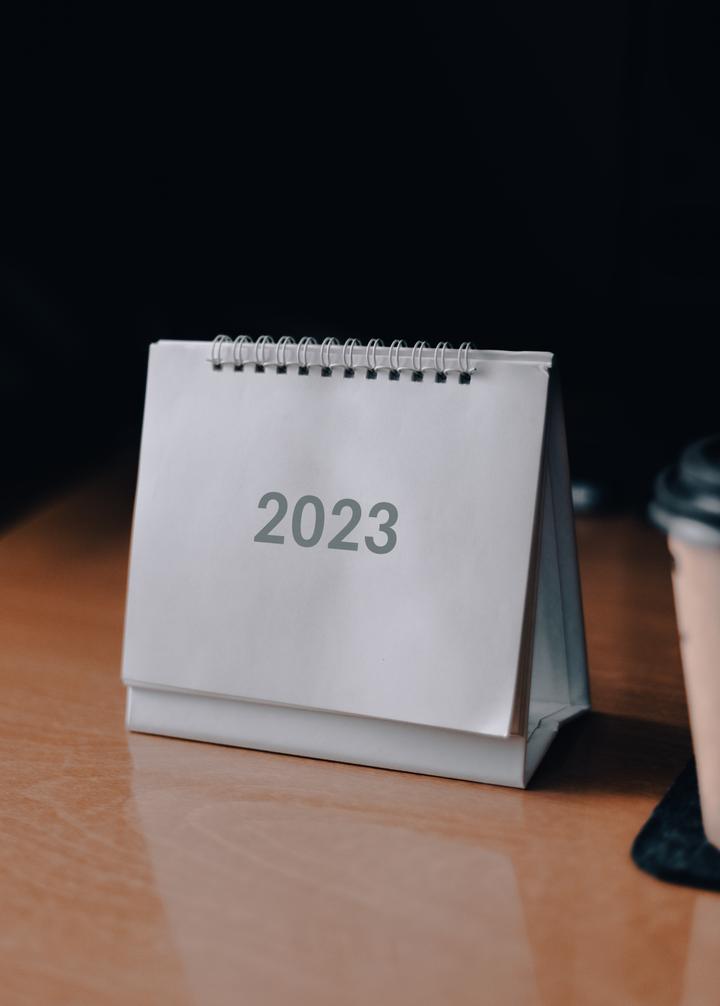What buy-to-rent investors mean for the market.
Landlords may not want to be called “landlords” anymore.”. But everyone seems to want in on that business, which has become an increasingly important input in the overall housing equation. Let’s take a look at where things stand in the rental sector and how it affects everyone in the real estate industry:
The share of homes purchased by investors reached a new high this year, breaching 20% for the first time. That share has been increasing even as overall home sales have slowed, and should continue to increase as higher mortgage rates sideline more and more individual buyers. The upshot is that affordable real estate is being converted into rental property at a rate never seen before.
All of that investor activity creates a lot of price pressure, but it also creates protection against a bubble. The crash in 2008 mostly affected lower-end housing in secondary markets, which is exactly where the big investors are now. Those investors have war chests ready, and are likely to double down if prices drop. If nothing else, that provides a safety net for the housing market.
Rents have been rising very fast (15% over the past 12 months), and the median rent just passed $2000 for the first time ever in May. But higher interest rates this year have made it much cheaper to rent — an average of $839 less per month, or 31% less than the costs of owning. No wonder bidding wars are erupting over apartments all across the country.
Generally speaking, it’s a great time to be a landlord. But their relentless pursuit of starter homes has put them in direct conflict with first-time homebuyers, many of whom will give up and become their tenants. No wonder they’re looking to rebrand.
Read more at Curbed: The Landlords Embarrassed to be Called “Landlords”
Join Our Newsletter
Latest Headlines


